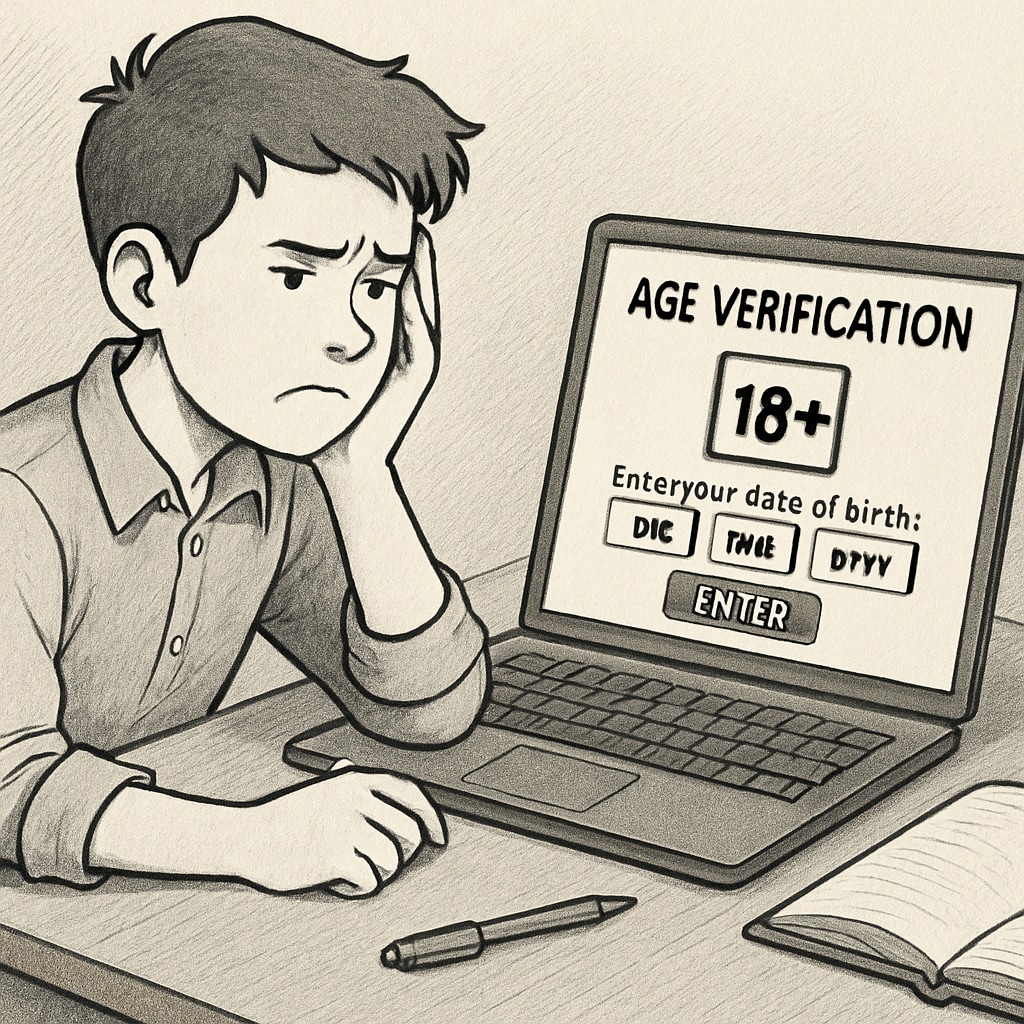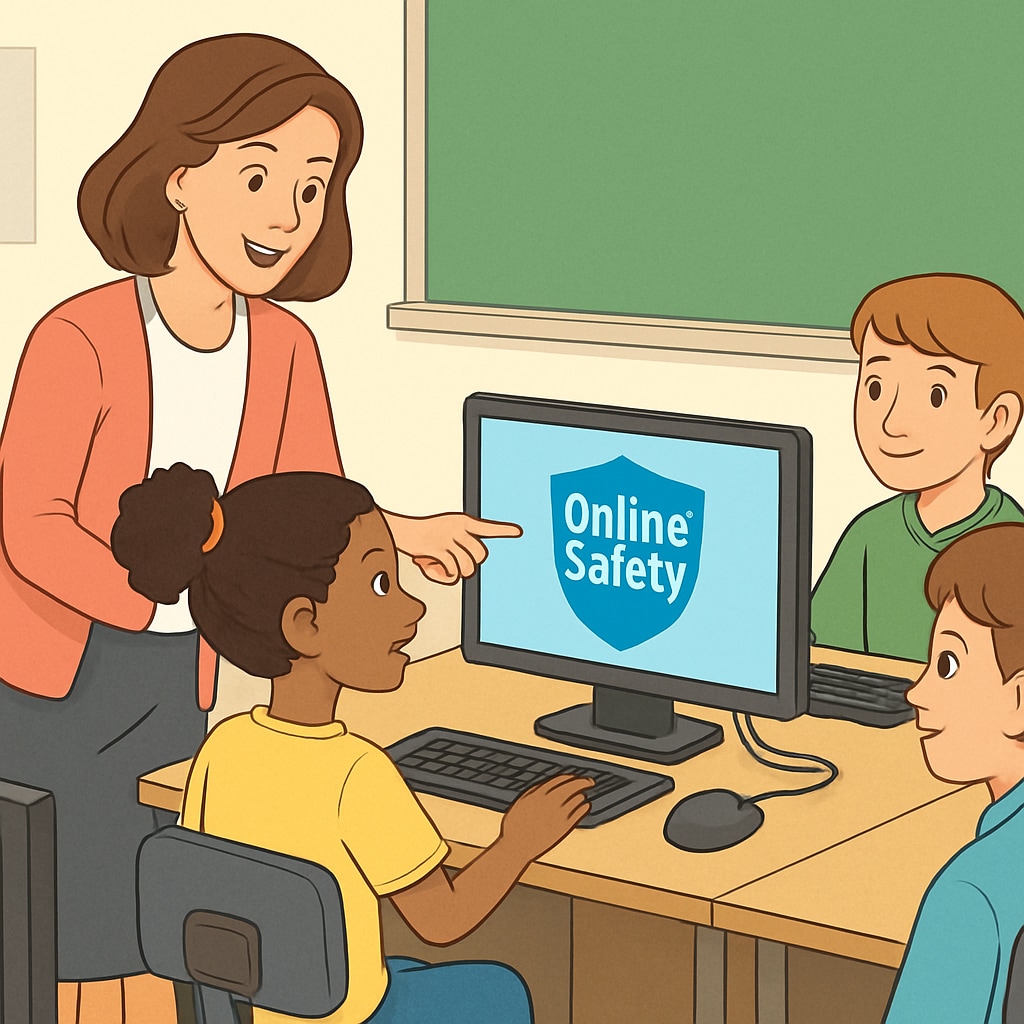As age verification laws gain traction across various U.S. states, concerns about internet regulation and free speech have intensified. These laws, designed to shield minors from inappropriate content, are inadvertently creating barriers for K12 students seeking access to legitimate educational resources. In an era where digital tools are integral to learning, the impact of these laws on education warrants a closer examination.
How Age Verification Laws Affect K12 Education
Age verification laws typically require users to confirm their age before accessing certain online content. While the intent is to protect minors from explicit material, the broad application of these laws often restricts access to a wide range of content, including classic literature, scientific research, and artistic works. For K12 students, who rely heavily on the internet for assignments and self-directed learning, the implications are profound.
For example, students studying classic literature may find access to digital copies of books like “The Catcher in the Rye” or “1984” restricted due to their mature themes. Similarly, scientific articles discussing health or biology topics may be flagged unfairly. This creates a dilemma for educators, who must navigate these restrictions while ensuring students receive a comprehensive education.

Balancing Protection and Accessibility
While protecting minors from harmful content is crucial, these laws often fail to account for the nuances of educational needs. The challenge lies in striking a balance between safeguarding children and allowing age-appropriate access to educational materials. Blanket restrictions may lead to unintended consequences, such as limiting students’ exposure to diverse perspectives or hindering their ability to complete assignments.
Educators and policymakers must work together to develop solutions. For instance, creating exemptions for verified educational institutions or implementing tiered access systems could mitigate some of these issues. Additionally, fostering digital literacy can empower students to navigate online spaces responsibly, reducing the need for overreaching restrictions.

The Broader Implications for Free Speech
Beyond education, age verification laws raise broader concerns about free speech and censorship. Restricting access to information based solely on age can set a precedent for limiting other forms of expression. This is particularly concerning in a democratic society where open access to information is a cornerstone of free speech.
Organizations like the American Civil Liberties Union (ACLU) have voiced concerns about the overreach of these laws. According to a recent report by the ACLU, the implementation of age verification systems could lead to surveillance and data privacy issues, further complicating the debate.
Practical Steps for Educators and Parents
To navigate these challenges, educators and parents can take proactive steps:
- Advocate for Policy Changes: Engage with lawmakers to advocate for educational exemptions in age verification laws.
- Encourage Digital Literacy: Teach students how to evaluate online content critically and responsibly.
- Utilize Alternative Resources: Identify and use platforms that provide unrestricted access to educational content.
Collaboration among educators, parents, and policymakers is essential to ensure that students can benefit from the wealth of knowledge available online without compromising their safety or freedom of expression.
In conclusion, age verification laws present a complex challenge for K12 education, balancing the need for protection with the right to access information. As these laws continue to evolve, it is crucial to prioritize solutions that uphold both educational integrity and the principles of free speech.


